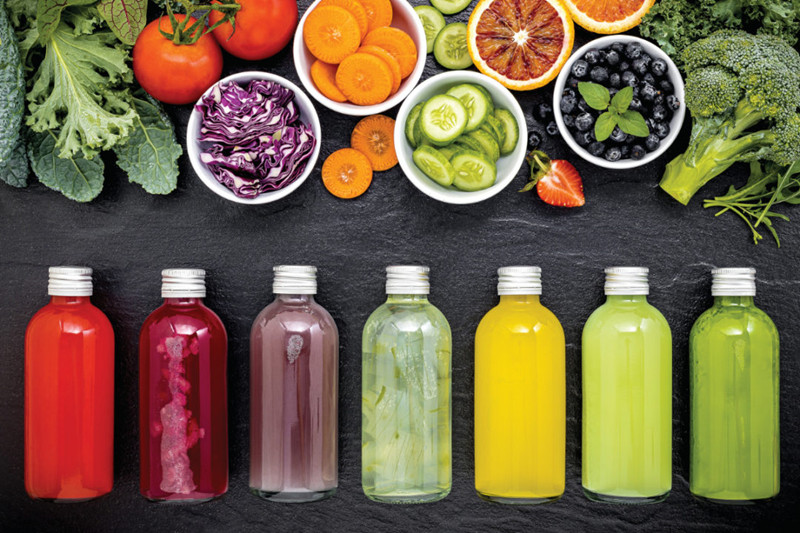Views: 0 Author: Site Editor Publish Time: 2021-11-19 Origin: Site

A non-alcoholic drink is one that contains little or no alcohol. This category includes low-alcohol beer, non-alcoholic wine, and apple cider if they contain a sufficiently low concentration of alcohol by volume (ABV). The exact definition of what is "non-alcoholic" and what is not depends on local laws: in the United Kingdom, "alcohol-free beer" is under 0.05% ABV, "de-alcoholised beer" is under 0.5%, while "low-alcohol beer" can contain no more than 1.2% ABV. The term "soft drink" specifies the absence of alcohol in contrast to "hard drink" and "drink". The term "drink" is theoretically neutral, but often is used in a way that suggests alcoholic content. Drinks such as soda pop, sparkling water, iced tea, lemonade, root beer, fruit punch, milk, hot chocolate, tea, coffee, milkshakes, and tap water and energy drinks are all soft drinks.
2. Water
Water is the world's most consumed drink,however, 97% of water on Earth is non-drinkable salt water. Fresh water is found in rivers, lakes, wetlands, groundwater, and frozen glaciers. Less than 1% of the Earth's fresh water supplies are accessible through surface water and underground sources which are cost effective to retrieve.
In western cultures, water is often drunk cold. In the Chinese culture, it is typically drunk hot.
3. Milk
Regarded as one of the "original" drinks, milk is the primary source of nutrition for babies. In many cultures of the world, especially the Western world, humans continue to consume dairy milk beyond infancy, using the milk of other animals (especially cattle, goats and sheep) as a drink. Plant milk, a general term for any milk-like product that is derived from a plant source, also has a long history of consumption in various countries and cultures. The most popular varieties internationally are soy milk, almond milk, rice milk and coconut milk.
4. Soft drinks
Carbonated drinks refer to drinks which have carbon dioxide dissolved into them. This can happen naturally through fermenting and in natural water spas or artificially by the dissolution of carbon dioxide under pressure. Cola, orange, various roots, ginger, and lemon/lime are commonly used to create non-alcoholic carbonated drinks; sugars and preservatives may be added later.
The most consumed carbonated soft drinks are produced by three major global brands: Coca-Cola, PepsiCo and the Dr Pepper Snapple Group.
5. Juice and juice drinks
Orange juice is usually served cold
Fruit juice is a natural product that contains few or no additives. Citrus products such as orange juice and tangerine juice are familiar breakfast drinks, while grapefruit juice, pineapple, apple, grape, lime, and lemon juice are also common. Coconut water is a highly nutritious and refreshing juice. Many kinds of berries are crushed; their juices are mixed with water and sometimes sweetened. Raspberry, blackberry and currants are popular juices drinks but the percentage of water also determines their nutritive value. Grape juice allowed to ferment produces wine.
Fruits are highly perishable so the ability to extract juices and store them was of significant value. Some fruits are highly acidic and mixing them with water and sugars or honey was often necessary to make them palatable. Early storage of fruit juices was labor-intensive, requiring the crushing of the fruits and the mixing of the resulting pure juices with sugars before bottling.
Vegetable juices are usually served warm or cold. Different types of vegetables can be used to make vegetable juice such as carrots, tomatoes, cucumbers, celery and many more. Some vegetable juices are mixed with some fruit juice to make the vegetable juice taste better. Many popular vegetable juices, particularly ones with high tomato content, are high in sodium, and therefore consumption of them for health must be carefully considered. Some vegetable juices provide the same health benefits as whole vegetables in terms of reducing risks of cardiovascular disease and cancer.